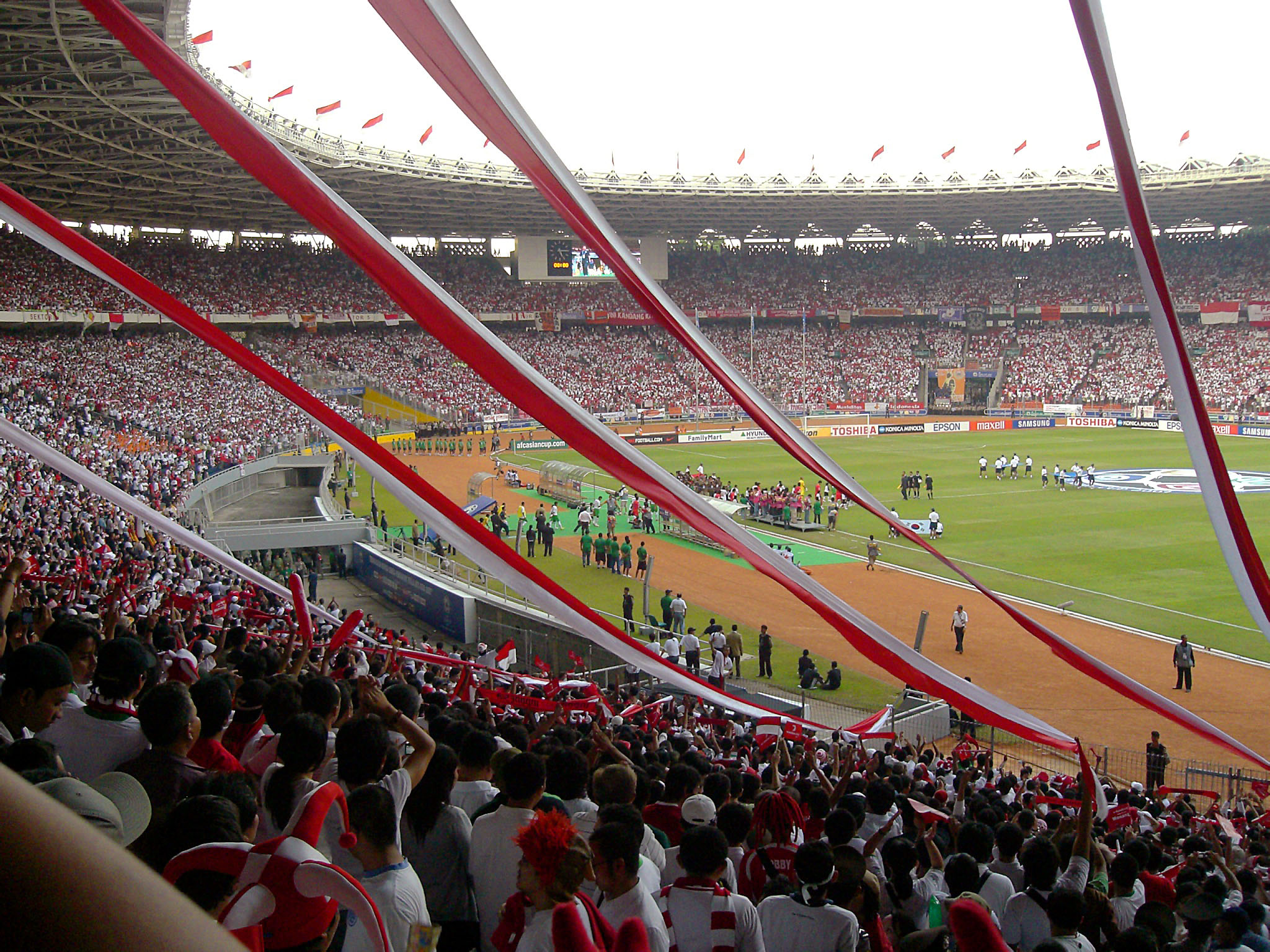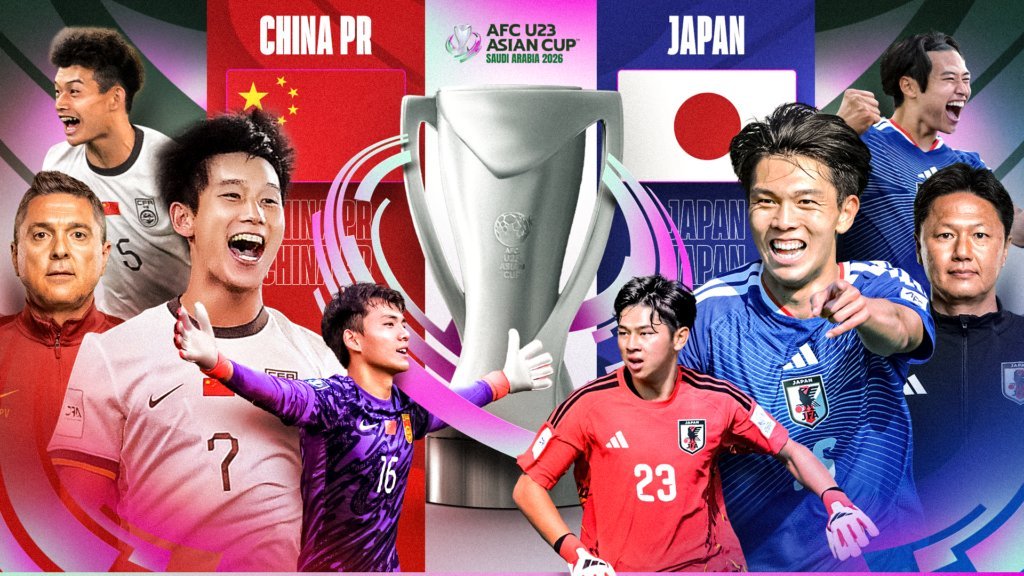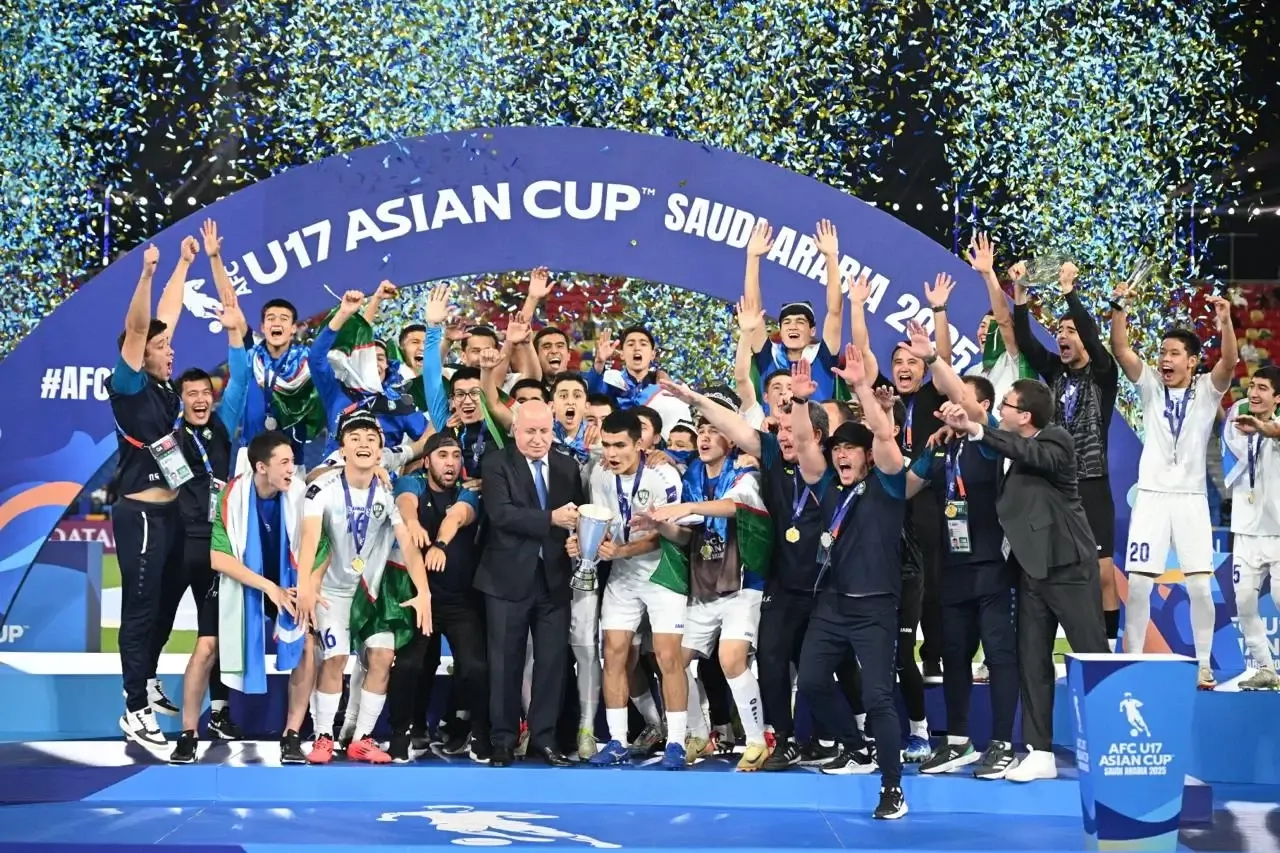The AFC Club Rankings Asia 2024/25 reveal more than results — they reflect how structured planning, identity, and performance shape national football models. At EFC – Elite Football Consultancy, we translate these insights into actionable strategies and models for clubs and federations aiming for long-term competitiveness.
Top 3: The Professional Benchmark

1. Saudi Arabia (120 pts)
Saudi clubs like Al Hilal, Al Nassr, and Al Ittihad dominate due to:
- Massive financial investment in squads and facilities
- High-profile foreign signings
- Improved continental results across AFC Champions League
Model: A modern, aggressive football industry backed by long-term political and economic support. Clubs benefit from clear strategic direction.
FIFA Ranking (2025): 53º
2. Japan (107.7 pts)
Clubs such as Urawa Reds, Kawasaki Frontale, and Yokohama Marinos succeed thanks to:
- Stable, integrated league-federation model
- Strong talent development and export (e.g., players to Europe)
- Long-term planning and tactical identity
Model: Success driven by internal structure, coaching methodology, and consistent competition formats.
FIFA Ranking (2025): 18º
3. Korea Republic (91 pts)
Clubs like Jeonbuk Hyundai Motors and Ulsan Hyundai maintain Korea’s status through:
- Effective recruitment and club alignment
- Clear tactical culture and domestic development
- Balance between domestic focus and AFC competition
Model: High-efficiency clubs driven by strong coaching and internal coherence.
FIFA Ranking (2025): 23º
Why Other Countries Are Slipping
China (8th, 54.7 pts)
Chinese clubs like Guangzhou FC and Shandong Taishan have declined sharply:
- Financial collapse in the Super League
- Departure of key foreign players and coaches
- Inconsistent performance in AFC tournaments
Model: A league in decline, but also an opportunity for targeted intervention — a space where external consultancy can design long-term recovery strategies.
FIFA Ranking (2025): 88º
Iran (6th, 63.5 pts)
Clubs like Persepolis and Esteghlal continue to compete locally despite broader limitations:
- Economic sanctions affecting operations
- Lack of infrastructure and limited private investment
- Low international exposure for domestic clubs
Model: Competitive national team performance contrasts with underdeveloped club structures, supported by a dual base of local and Europe-based players.
FIFA Ranking (2025): 21º
Australia (10th, 50.3 pts)
Clubs such as Melbourne City and Sydney FC show promise but struggle regionally:
- Disconnect with AFC competition calendar
- Weak continental competitiveness
- Structural gaps between clubs and federation
Model: Australia’s football relies on national team stability with European-based players, despite local league limitations.
FIFA Ranking (2025): 25º
Who Is Climbing?
Thailand (7th, 54.9 pts)
Clubs like BG Pathum United and Buriram United are emerging regionally:
- Improved club ownership and sponsorship
- Professionalisation of the Thai League
- Better continental performance
Model: A league on the rise, with clubs seeking visibility and regional impact.
FIFA Ranking (2025): 104º

Strategic Lessons for Clubs and Advisors
What separates consistent performers from those who fall behind? The AFC rankings offer clear lessons:
1. Structure over Spending
Budgets don’t win alone — performance comes from identity, alignment, and internal coherence.
2. Strategy Wins Long-Term
Japan, Korea, and Saudi Arabia show that success is not accidental — it’s the product of planning, culture, and tactical continuity.
3. Growth Requires Guidance
Thailand is rising — but needs support to consolidate and compete. This is where tailored consultancy adds real value.
4. Decline Signals Opportunity
China’s decline is not final. Structural rebuilding and external support can turn setbacks into long-term transformation.
At EFC, we turn rankings into roadmaps — helping clubs and federations across Asia build projects that last.
Final Thought
The AFC ranking is not just a table — it’s a mirror. It reflects the long-term work behind consistent performance, and exposes the shortcuts that fail under pressure.
Looking to build a future-ready club in Asia? Let’s connect. At EFC, we help clubs grow by transforming vision into structure, and ambition into sustainable performance — through tailored strategic planning and high-impact football models focused on identity, alignment, and long-term results.
📩 Want to know how we can help your organization?
Let’s talk — or connect on LinkedIn and follow our weekly insights.





